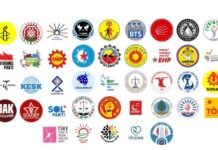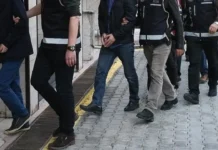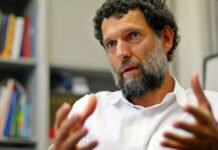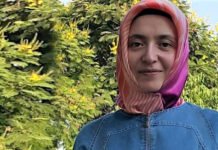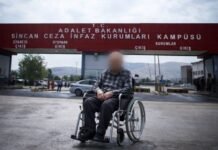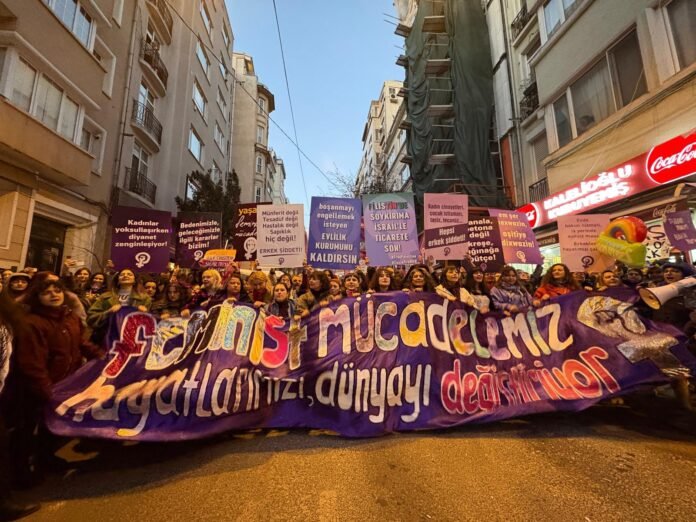
A fresh wave of MeToo-style allegations is reverberating across Turkey, with women and LGBTQ+ people accusing prominent men in the arts, media and education of harassment and sexual assault, Turkish Minute reported.
The accounts, shared mainly on social media since early August, have led publishers, production companies and schools to cut ties with well-known figures. The uproar recalls the global reckoning that began in the United States in 2017 and echoes Turkey’s own first burst of MeToo stories in 2020, when writers were accused of abuse and 62 nongovernmental groups issued a joint statement in support of survivors.
This time, the disclosures are broader. They reach beyond literature into film, television, music, photography, comedy, journalism and classrooms.
The latest reckoning began with women accusing celebrity photographers of coercing them into nude shoots or sharing intimate images without consent. Local media reported that more than 20 photographers and artists were named. Among them was Mesut Adlin, who was accused of sending inappropriate messages to a minor. After screenshots circulated online, the music group Manifest canceled a planned project with him. Adlin denied wrongdoing but admitted to “poor judgment.”
Actresses soon spoke out about harassment by actors on television sets. A well-known Istanbul theater was accused of shielding a director who demanded students rehearse naked and threatened to derail their careers if they refused. The Actors’ Union said it had received complaints and opened a disciplinary investigation.
Comedy and broadcasting saw some of the most public fallout. Mesut Süre, a popular stand-up comedian and longtime host of the television and radio program İlişki Testi (“Relationship Test”), was accused by several women of harassment and attempted assault. One woman said she was invited to his apartment for what she thought was a job meeting but was pinned to a couch before escaping. The show’s production company, İda İletişim, ended its contract with Süre and declared support for survivors. Süre denied the allegations, calling them a “social media trial,” and said he would take legal action.
In the literary world, Kültigin Kağan Akbulut, founder of the culture magazine Argonotlar, admitted to harassing a colleague during a work event. He resigned from all his roles, and the magazine suspended publication, saying an apology was not enough. The editorial team pledged to cut ties with any contributors named in the disclosures. Separately, 178 women writers and editors issued a statement of solidarity, vowing that perpetrators “will not be forgotten.”
The wave has also spread to schools. In İzmir an 18-year-old graduate accused a 17-year-old student from another elite high school of rape and assault in July. She said her complaint was stalled for weeks despite a restraining order, leading her to go public online. Students and alumni from both schools rallied behind her, declaring that the accused had no place in their community. Authorities reopened the investigation after the post attracted wide attention.
At İstanbul’s İstinye University, students accused a professor of harassing female and LGBTQ+ students and threatening their grades if they resisted. They demanded his dismissal and the creation of a unit to support victims of harassment. The university has not commented, but calls for action are growing.
The revelations mirror those of 2020, when accusations against a novelist spurred dozens of NGOs to remind survivors they should never feel guilty for speaking out. One of the accused writers later died by suicide, triggering heated debate over accountability and victim-blaming.
This year activists say the picture is broader and points to what they call “structural impunity” in Turkey, where police are accused of ignoring complaints and courts of leniency toward perpetrators. Rights groups continue to criticize the government’s 2021 withdrawal from the Istanbul Convention, a European treaty on preventing violence against women.
At the same time institutions appear quicker to respond. Publishers, unions and production companies have cut ties with accused figures. Student groups are publicly naming alleged perpetrators and demanding structural change.

